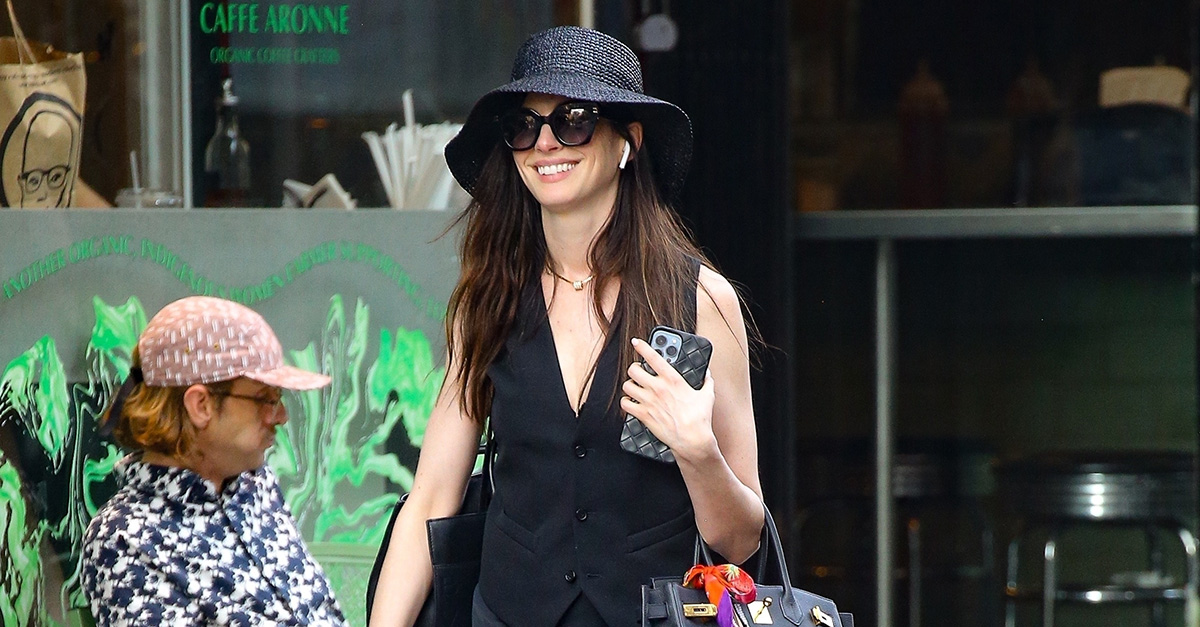
The Kennedy family has always captivated the world, a lineage steeped in history, public service, and undeniable mystique. From the halls of power to the pages of history books, their story is one that continues to fascinate, sparking conversations and capturing imaginations across generations. Indeed, when whispers emerge about a family member bearing a striking likeness to a revered icon, it’s a powerful reminder of the threads that connect past and present.
While the conversations about familial resemblances are always exciting, there’s another, often overlooked, layer to the enduring power of names within such celebrated families. It’s not just about who they look like, but also the significance of the names they carry—names that have their own rich histories, echoing through time and across cultures. Today, we’re taking a closer look at one such name: Caroline, a moniker proudly borne by the daughter of a president, Caroline Kennedy, and one that boasts a heritage as rich and influential as any storied dynasty. Let’s uncover the many facets of this truly remarkable name.

1. The Enduring Allure of the Name Caroline: Origin and Meaning
The name Caroline conjures images of grace and strength, a classic choice that has resonated through centuries. Its roots run deep, primarily tracing back to French origins, where it emerged as a feminine form of the masculine name Charles. This connection immediately links it to a legacy of strong leadership and notable figures, having been in common use in the Anglosphere since the 1600s among upper-class English families, honoring Charles I and Charles II.
Beyond its French ties, Caroline also carries weight from German and Latin influences. It’s often seen as a diminutive Italian form of ‘Carola,’ a Latin word that is the feminine form of ‘Carolus.’ ‘Carolus,’ in turn, derives from the Germanic name Karl or Charles, reinforcing its association with masculinity, signifying ‘a man or a husband.’
Yet, for all its masculine linguistic roots, Caroline has come to embody distinct feminine power. It implies a ‘strong, free, independent woman,’ a meaning that has resonated with countless individuals who bear the name. This ethereal quality, coupled with its profound historical presence, has kept Caroline in vogue since the 19th century and cemented its status as an old classic, celebrated for its positive connotations.
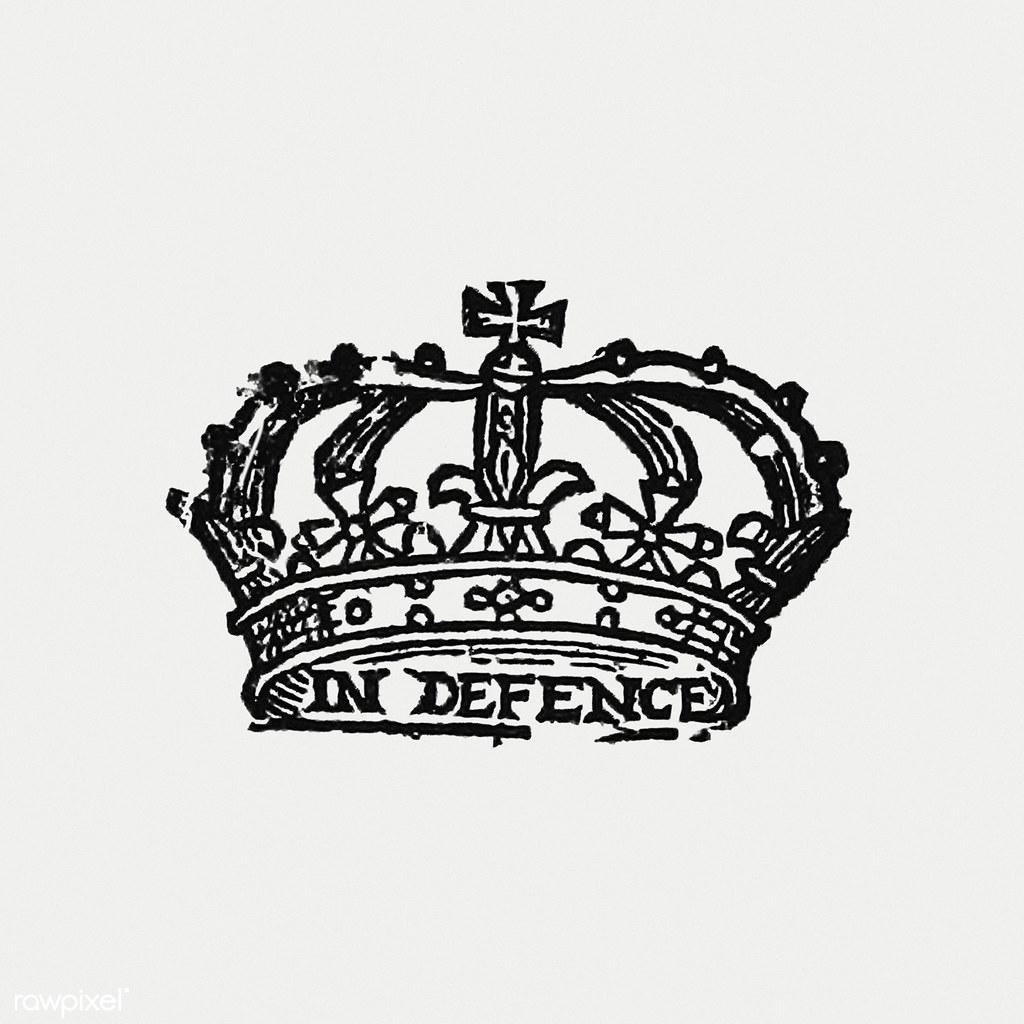
2. A Royal Pedigree: Caroline’s Imperial and Noble Connections Through History
From queens consort to esteemed princesses, the name Caroline has a remarkable association with royalty and aristocracy, gracing the halls of power across Europe for centuries. This regal connection began early, with Queen Caroline of Great Britain, born in 1683, standing out as one of the first prominent historical figures. She was not just a monarch, but a keen collector of miniatures, cameos, and intaglios, possessing an excellent eye for quality.
Through the centuries, the name Caroline has been a recurring favorite among queens. We see its prominence with the Danish queen consort Caroline Amalie of Augustenburg (1796–1881) and Caroline of Baden (1776–1841), who became the first Queen consort of Bavaria. Caroline Matilda of Great Britain (1751–1775) also held the title of Queen of Denmark and Norway, solidifying the name’s international royal footprint.
This illustrious lineage extends to numerous princesses, too, including Princess Caroline Elizabeth of Great Britain and Princess Caroline of Hanover, born in 1957 to Grace Kelly, connecting it to modern European royalty. Other notable aristocrats, like countesses and landgravines, further demonstrate Caroline’s widespread adoption within noble families and its significant influence.
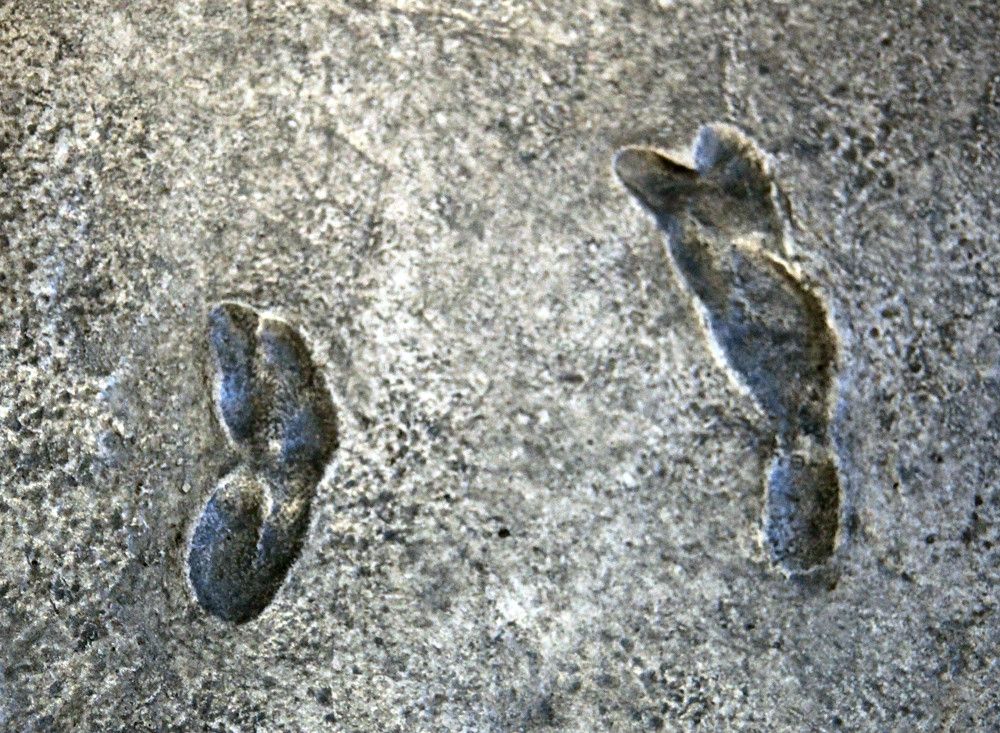
3. Caroline’s Global Footprint: Tracing Its Popularity Across Continents
The appeal of Caroline isn’t confined to a single nation; it’s a truly international name that has captivated parents worldwide. In France, its birthplace, Caroline enjoyed consistent popularity, ranking among the top 100 names for French girls between 1900 and 1907, and again from 1958 to 2002. Neighboring Belgium also saw Caroline as a top choice, featuring among the top 100 names for girls during the 1990s and into the early 2000s, highlighting its broad European charm.
Moving across the English Channel, Caroline was a prominent name in Scotland, consistently ranking in the top 100 for Scottish girls from 1935 to 1993, enjoying its peak popularity from the 1950s to the 1970s. England and Wales mirrored this trend, appearing in the top 100 in the early 20th century, and again between 1944 and 1984, even soaring among the top 20 British girls’ names from 1964 to 1974.
Ireland also embraced the name, where it was a top 100 name between 1964 and 1997, and even soared into the top 10 for Irish girls from 1973 to 1980. These patterns of popularity across various European nations underscore Caroline’s status as a well-loved and widely recognized name, deeply woven into the social fabric of the continent.

4. A Name Beloved in the Anglosphere: Caroline’s Rise in the US, Canada, & Oceania
The allure of Caroline extends far beyond Europe, finding a significant and lasting home in the Anglosphere, particularly in the United States, Canada, and Oceania. In New Zealand, the name was a consistent favorite, ranking among the 100 most popular names for girls between 1957 and 1985. Similarly, Australia embraced Caroline, which remained a top 100 name for girls from the late 1950s through the early 1980s.
In the United States, Caroline has held a steady presence, appearing among the 1,000 most popular given names for girls since 1880. After a period of decline, the name experienced a remarkable resurgence beginning in the late 1950s and early 1960s, a timeframe that coincided with the highly publicized births of Princess Caroline of Monaco and Caroline Kennedy, boosting the name’s visibility. It has proudly remained among the 100 most popular names for American girls since 1994.
Canada, too, has a strong connection to the name Caroline, ranking among the 100 most popular names for girls during the 1960s and again seeing a surge in the late 1970s and early 1980s. In French-speaking Quebec, Caroline held an even more prominent position, ranking among the top 100 for French-Canadian girls between 1980 and 2000, and remarkably, was a top 10 name from 1980 to 1986. This widespread and sustained popularity across diverse regions clearly demonstrates Caroline’s universal appeal.
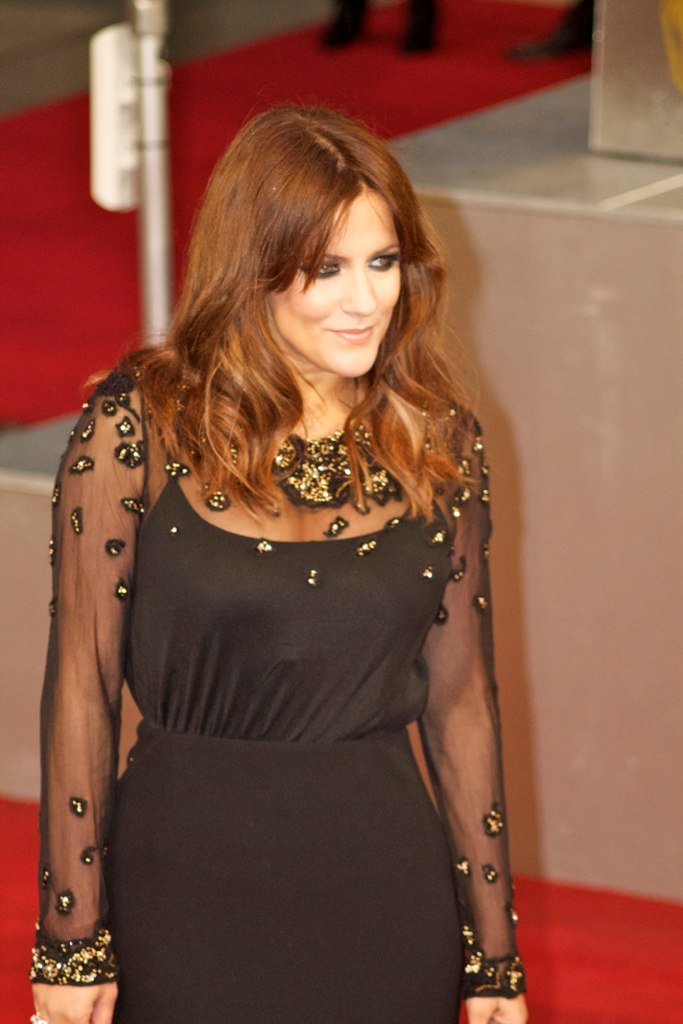
5. Pioneers and Professionals: Carolines in Academics and Science
The name Caroline is not merely associated with elegance and history; it also shines brightly in academia and science, borne by women who have pushed boundaries and contributed significantly to human knowledge. One such luminary was Caroline Bedell Thomas (1904–1997), an American cardiologist and pioneer in preventive medicine. Another remarkable figure was Caroline Matilda Dodson (1845–1898), an American physician renowned as ‘A woman of the century,’ whose dedication to medicine made impactful contributions.
Perhaps one of the most historically significant Carolines in science is Caroline Herschel (1750–1848), a German astronomer whose groundbreaking work led to the discovery of several comets and nebulae, marking her as one of the most important female scientists in history. Similarly, American physicist Caroline Herzenberg (born 1932) has made indelible contributions, further illustrating the name’s association with scientific excellence.
The list continues with other distinguished academics and scientists: Caroline Bell, a professor of psychological medicine in New Zealand; Caroline Bowen, a New Zealand speech pathologist; Caroline Brettell, a Canadian cultural anthropologist; and Caroline Brown Bourland, an American professor. From British geneticist Caroline Pellew to Swiss statistician Caroline Uhler, these women exemplify the intellectual curiosity, rigorous dedication, and profound impact Carolines have had in advancing our understanding of the world.
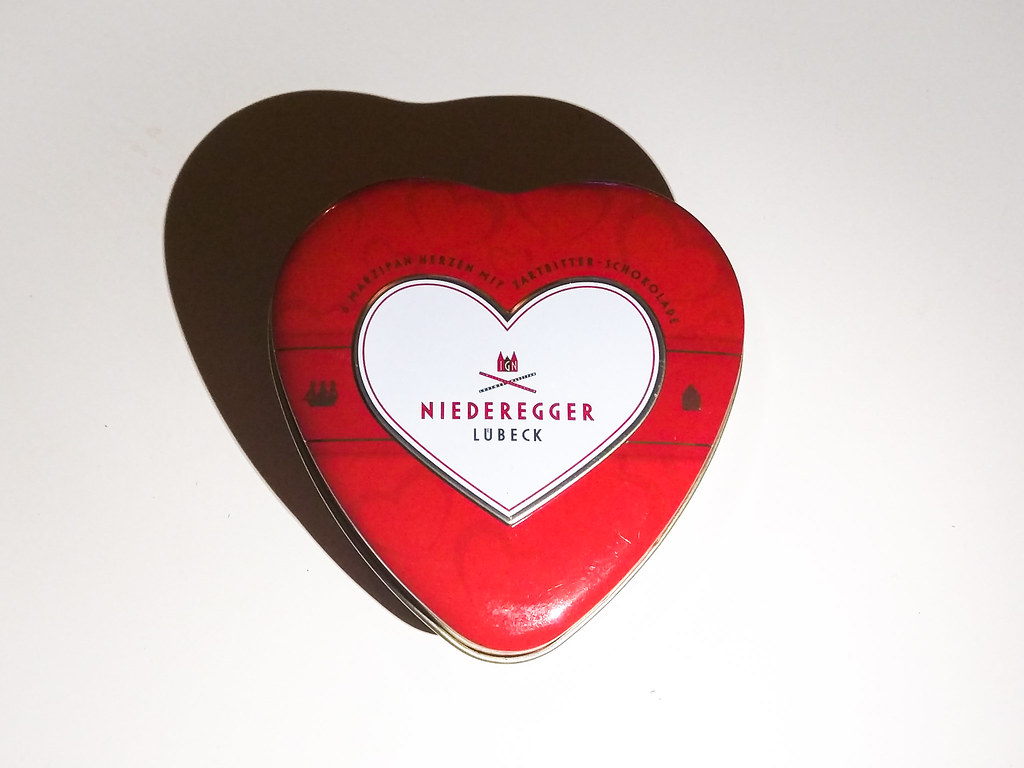
6. The Heart of Activism: Carolines Who Championed Change
Beyond the laboratories and lecture halls, Carolines have also stood at the forefront of social change, dedicating their lives to advocacy and the betterment of society. These women, driven by a deep sense of justice, have tirelessly fought for rights, equality, and reform, leaving an enduring legacy of progress. Caroline Archer (1922–1978), an Aboriginal Australian activist, notably championed the rights of her people, demonstrating courage in the face of adversity.
Australia also saw the impactful work of Caroline Chisholm (1808–1877), a social reformer who dedicated her life to aiding immigrant women and families. Similarly, in the United States, Caroline LeCount (c. 1846–1923) emerged as a prominent educator and civil rights activist, fighting for equal access to education and justice. The spirit of activism continues into modern times with figures like Caroline Criado Perez (born 1984), a Brazilian–English feminist author, activist, and journalist, whose work challenges gender inequality.
Other notable activists include Caroline Brown Buell (1843–1927), an American activist; Caroline M. Clark Woodward (1840–1924), an American activist and writer; and Caroline Dayer (born 1978), a Swiss feminist educator and writer. One foundational figure was Caroline Severance (1820–1914), an American abolitionist, suffragist, and founder of women’s clubs. These women, through their varied and powerful actions, exemplify the name Caroline as a beacon of determination and social conscience.

7. From Screen to Stage: Famous Actresses and Performers Named Caroline
The creative realm, particularly the dazzling world of entertainment, has also been graced by many talented women bearing the name Caroline, who have captivated audiences with their performances, voices, and artistic expressions. Caroline Aaron (born 1952), a familiar American actress, has brought countless characters to life on screen and stage, demonstrating versatility and a knack for engaging storytelling. Her presence in films and television has made her a beloved figure in Hollywood.
Canadian actress Caroline Dhavernas (born 1978) has carved out a distinguished career, known for her compelling roles, showcasing the depth of talent associated with the name. The late Caroline Flack (1979–2020), an English television presenter and actress, charmed millions with her vibrant personality. In music, Caroline Crawford (born 1949), an American actress and singer (and astrophysicist!), has entertained audiences, as has Caroline Corr (born 1973), the acclaimed Irish drummer and vocalist from The Corrs.
From the comedic stage presence of Caroline Rhea (born 1964), a Canadian actress and comedian, to the literary contributions of Canadian novelist and short story writer Caroline Adderson, Carolines have truly left an indelible mark across the entire spectrum of arts. Whether it’s through acting, singing, writing, or presenting, these creative Carolines embody the imaginative spirit and engaging charisma that defines the entertainment world.

8. Leaders and Legislators: Carolines Shaping Law and Politics
The name Caroline doesn’t just resonate with historical figures and artistic talents; it also stands as a beacon of influence in the crucial realms of law and politics. These are women who have stepped into the public arena, dedicating their lives to governance, justice, and representing their communities. Their journeys, whether in legislative chambers or legal offices, underscore the name’s powerful association with leadership and public service across the globe.
We see Carolines making their mark in diverse political landscapes. From French politicians like Caroline Abadie and Caroline Fiat, to British figures such as Caroline Ansell and Caroline Flint, these women have taken on the challenge of elected office. Canadian politics has welcomed Caroline Desbiens and Caroline Desrochers, while Sweden has Caroline Szyber. In the United States, the name has graced the careers of individuals like Caroline Casagrande, an American government official, and Caroline A. Crenhaw, an American attorney.
It’s truly remarkable how many Carolines have served as politicians and legal professionals, including historic figures like Caroline Ganley, a British politician born in 1879, and Caroline Love Goodwin O’Day, an American congresswoman born in 1869. Their stories remind us that the name Caroline carries a legacy of women who have consistently risen to the occasion, advocating for others and leaving indelible marks on the legal and political landscapes.

9. Sporting Stars: The Athletic Prowess of Carolines
From the political arena, we shift our gaze to the thrilling world of sports, where Carolines have proven their mettle with incredible strength, agility, and competitive spirit. It’s a field where dedication and talent shine brightest, and the women bearing this name have certainly left an undeniable imprint, inspiring fans and dominating their respective disciplines with grace and power.
Take, for instance, the sheer number of talented individuals listed in our records, showcasing Carolines excelling in an impressive array of sports. Whether it’s the swift footwork of footballers like Swiss Caroline Abbé and Scottish Caroline Weir, or the powerful strokes of canoeists like German Caroline Arft, the name is synonymous with athletic achievement. We even find Carolines making waves in cricket, proving that their versatility knows no bounds, extending to judoka, rowers, and hammer throwers.
The tennis courts, in particular, have seen some remarkable Carolines. Danish tennis sensation Caroline Wozniacki, born in 1990, is a name instantly recognizable to sports enthusiasts, celebrated for her formidable skills. She’s joined by American talent Caroline Dolehide, born in 1998, and Dutch player Caroline Vis. Beyond tennis, athletes like Australian cyclist Caroline Buchanan, American swimmer Caroline Burckle, and American basketball player Caroline Ducharme, highlight the diverse athletic paths taken by women named Caroline, embodying resilience and the pursuit of excellence.
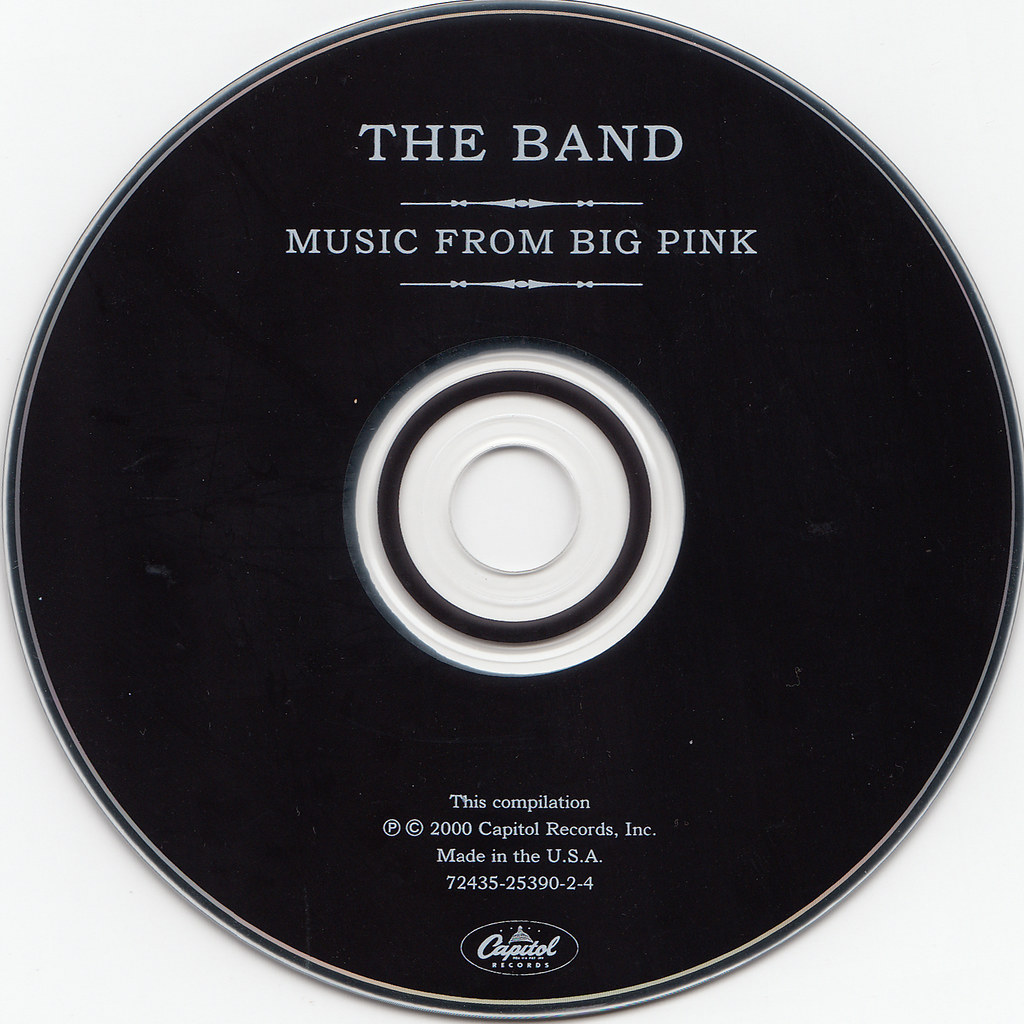
10. Caroline’s Modern Echo: Digital Media and Contemporary Music
In today’s interconnected world, the influence of the name Caroline has evolved to captivate audiences not just through traditional avenues but also in the dynamic landscapes of digital media and contemporary music. It’s fascinating to see how a classic name can find new relevance, connecting with millions and shaping modern culture in innovative ways. This new wave of Carolines is truly making its presence felt online and in our playlists.
The digital footprint of the name Caroline is quite significant, offering valuable insights into its enduring popularity. With an impressive “84,722” profiles on Facebook (as per 2019 data) and “5,400” monthly global searches on Google (as per Semrush), it’s clear that Caroline is far from a forgotten name. Among the ranks of digital innovators are figures like Caroline Calloway, born in 1991, an American internet personality, and Caroline Girvan, born in 1984, an Irish fitness trainer and popular YouTuber, showcasing the name’s adaptability.
When it comes to music, Caroline continues to strike a chord. While we’ve previously admired the vocal talents of Caroline Crawford and the drumming prowess of Caroline Corr, the modern music scene introduces new voices. Norwegian singer and songwriter Caroline Ailin, born in 1989, and American musician Caroline Polachek, born in 1985, are creating fresh sounds. The enduring legacy of “Neil Diamond’s classic hit ‘Sweet Caroline,’” an anthem across generations, further solidifies the name’s undeniable lyrical charm in today’s music landscape.

11. Stepping into the Story: Carolines in Fictional Worlds
Beyond the real-life achievements and public personas, the name Caroline has a wonderfully rich life in the realm of imagination, gracing countless fictional works across literature, film, and television. It’s truly fascinating to see how creative minds have embraced this name, weaving it into narratives that have captivated audiences and explored the depths of human experience, giving “Caroline” a life beyond reality.
In the world of classic literature, few characters are as memorable as “Caroline Beaufort,” the compassionate mother of scientist Victor Frankenstein in Mary Shelley’s iconic novel. And who could forget “Caroline Bingley” from Jane Austen’s beloved “Pride and Prejudice,” a character whose wit and social maneuvers have entertained readers for centuries? These literary Carolines have left an enduring mark on our cultural consciousness.
Television has also been a welcoming home for characters named Caroline, many of whom have become fan favorites. On American soap operas like “Days of our Lives” (Caroline Brady) and “General Hospital” (Carly Benson Corinthos-Jacks), the name is synonymous with compelling female characters. Modern series like “The Vampire Diaries” (Caroline Forbes) and even “Chucky” (Caroline Cross) continue this tradition, alongside various film portrayals, proving the name’s versatility and timeless appeal in fictional narratives.

12. The Sounds of Caroline: Pronunciation and Global Variations
A name’s beauty often lies not just in its history or meaning, but also in the way it rolls off the tongue. For a name as beloved as Caroline, its pronunciation is key to its charm, and understanding its global variations adds another fascinating layer to its widespread appeal. It’s a sound that resonates differently across languages, yet always retains a touch of classic elegance.
The standard pronunciation in English is “ca-ro-line,” a rhythm that feels both familiar and graceful. While we can imagine the sound, the ability to “Listen to the sound of the name Caroline in English” and “Listen to the sound of the name Caroline in German” truly brings it to life, showcasing how subtle linguistic differences can shape a name’s auditory experience across cultures. This adaptability through alternative forms is wonderful.
Tracing back to its roots, Caroline is a “French feminine form of the masculine name Charles,” used in the “Anglosphere since the 1600s.” Beyond English, its global identity shines: “In Danish, it is Karoline,” “The Czech variation is Karolina,” and “the Spanish variation is Carolina.” “Karoline is also the Norwegian and German variant of this name,” highlighting how the name transcends borders while maintaining a recognizable connection and universal charm.

13. The Playful Side of Caroline: Nicknames, Rhymes, and Anagrams
Names aren’t just for official documents; they’re living things, evolving with endearing nicknames, inspiring playful rhymes, and even revealing surprising anagrams. The name Caroline, with its rich history, also boasts a delightful, playful side that adds to its enduring charm. It’s a name that invites creativity, offering many ways to express affection and connection.
When it comes to nicknames, Caroline truly shines, offering a spectrum of adorable options that capture different facets of a child’s personality. From the classic and sweet “Carol” and “Carrie” to the more contemporary “Cari” and “Lina,” parents have a wonderful array to choose from. Even “Liney” adds a touch of unique endearment, demonstrating the warmth and personal connection that nicknames foster, making the name feel even more special and intimate.
The musicality of a name often inspires rhymes, and Caroline is no exception, with harmonious choices like “Addeline,” “Adeline,” and “Coraline.” Additionally, the intellectual fun of anagrams, a clever rearrangement of letters, transforms Caroline into intriguing possibilities like “Carolien,” “Coraline,” and “Cornelia.” These playful aspects—the nicknames, rhymes, and clever anagrams—reveal how dynamic and engaging the name Caroline truly is, a source of creative inspiration for families worldwide.

14. Unlocking Caroline’s Essence: Numerology and Enduring Appeal
Beyond its historical lineage and cultural impact, some believe that the name Caroline holds deeper, more mystical traits, particularly when explored through the lens of numerology. This ancient practice suggests that names carry inherent energies, and for Caroline, these insights reveal a personality brimming with ambition, resilience, and a truly independent spirit, making it an ever-charming choice for parents worldwide.
Numerology often assigns a “Lucky Number” to each name, and for Caroline, that number is “5.” This is frequently associated with freedom, adventure, and a keen intellect, resonating with the very essence of a “strong, free, independent woman” that the name embodies. The inherent personality traits linked to Caroline are beautifully captured in an acrostic poem: “Challenges come what may, but you won’t give up the fray” speaks to resilience, while “Ambitious and active” and “Rigid and resilient” highlight her drive.
Ultimately, Caroline’s enduring appeal isn’t just about its ancient roots or its royal connections; it’s about the timeless qualities it represents and the positive connotations it carries. As an “amalgamation of Italian, French, and Scottish cultures,” it has truly become “a preferred choice for most parents.” Its journey through history, various professions, and into the modern digital age, coupled with its phonetic beauty and numerological depth, solidifies Caroline’s status as a name of lasting charm and profound significance for generations to come.
From the hallowed halls of royalty to the cutting edge of digital innovation, and from the grand stages of entertainment to the quiet strength of activism, the name Caroline truly represents a legacy of remarkable women. It’s a moniker that has consistently adapted, resonated, and inspired across centuries and continents. The journey through its origins, global popularity, and the incredible individuals who bear it, truly cements Caroline as more than just a name—it’s a vibrant tapestry of history, achievement, and enduring grace, continuing to charm and captivate hearts the world over.



